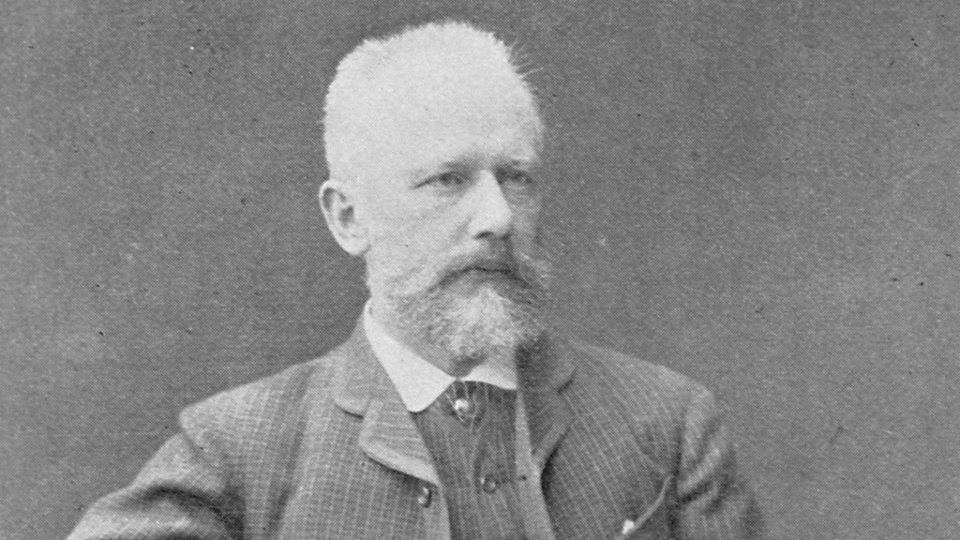Happy Birthday, Stephen Sondheim
The American composer and lyricist Stephen Sondheim turns 89 today. In Sondheim’s songs, music, lyric, character, and dramatic situation blend seamlessly and inseparably. The kind of plot-driven Broadway musical championed in the 1940s and 50s by Rodgers and Hammerstein reached its zenith of sophistication in the works of Sondheim, which include Company (1970), Follies (1971), A Little Night Music (1973), Sweeney Todd (1979), Sunday in the Park with George (1984), and Into the Woods (1987). These are symphonic scores filled with motivic threads. The songs …







